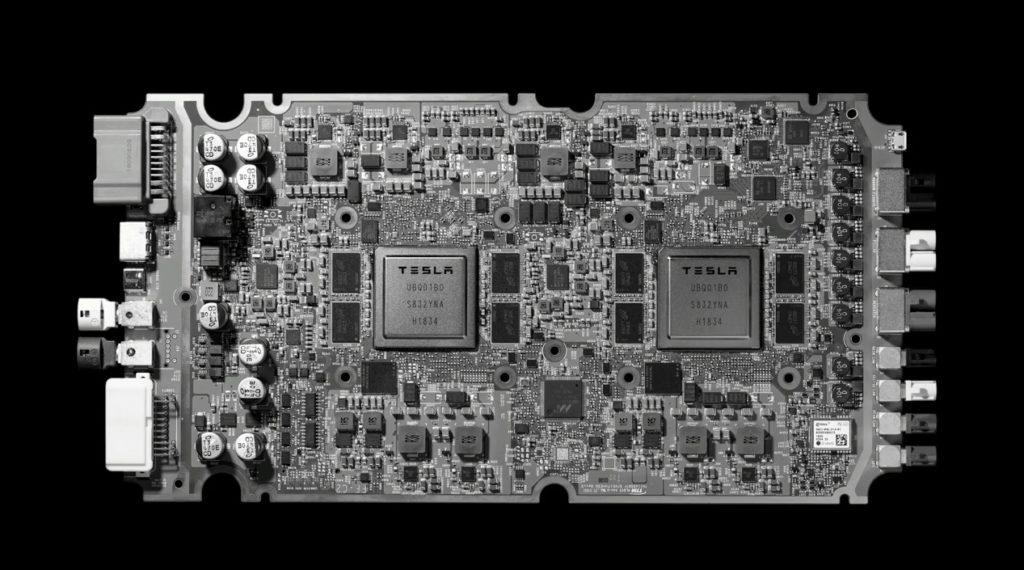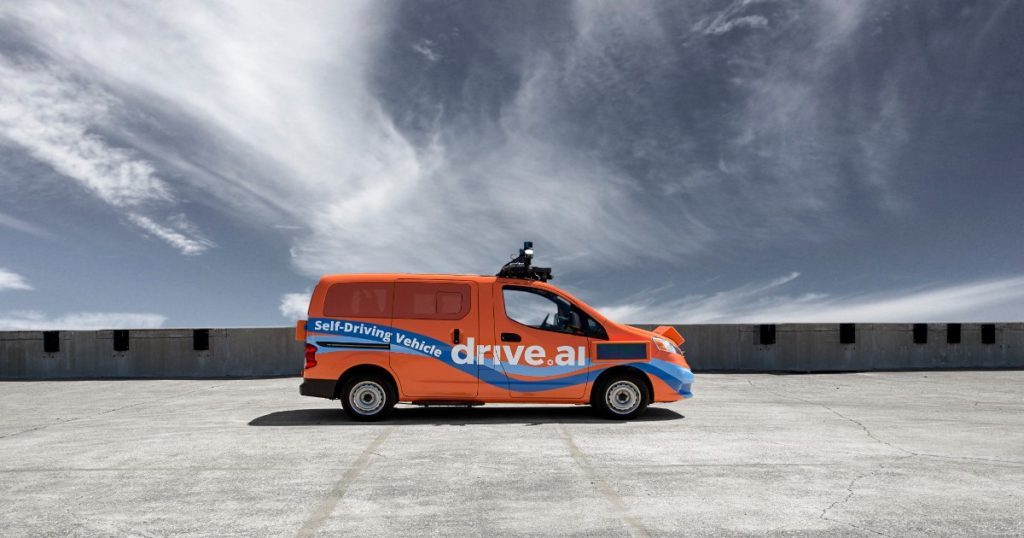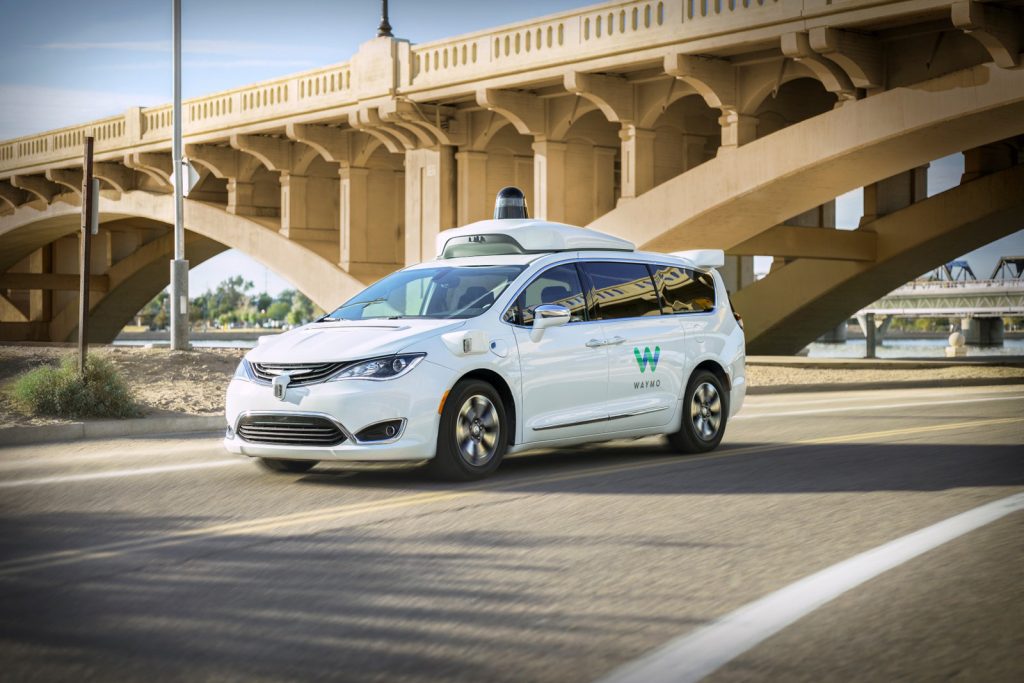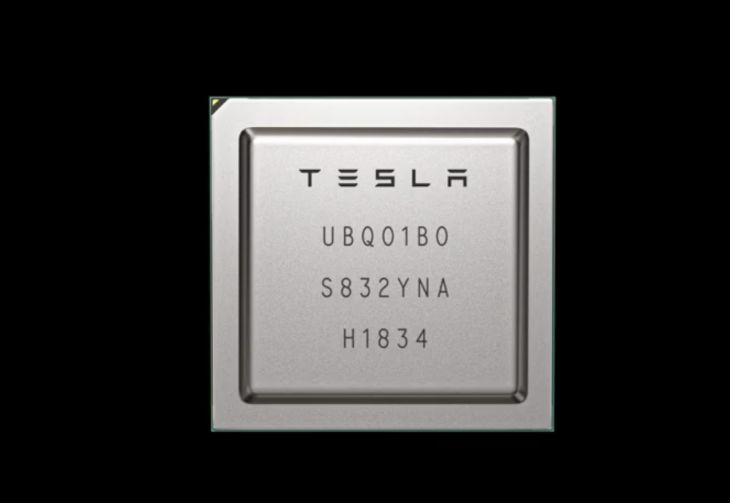Wayve Secures $1Billion from SoftBank, Microsoft, and NVIDIA to Build AI for Self-Driving Cars

I am a law graduate from NLU Lucknow. I have a flair for creative writing and hence in my free time work as a freelance content writer.

I am a law graduate from NLU Lucknow. I have a flair for creative writing and hence in my free time work as a freelance content writer.
Former Google employee and a pioneer of the self-driving car concept, Anthony Levandowski, yesterday pled guilty to stealing trade secrets from Google. He had left the tech giant in 2016, with dreams to start his self-driving truck manufacturing company, which Uber went on to acquire for $680 million. This led to Google’s division for self-driving automobiles, Waymo to sue Uber for using its technology. The lawsuit was finally settled in February, with Uber having to pay Waymo $245 million. Here’s a look at how the saga unfolded and what impact it can have on the industry, and both companies involved.
The
prosecutors chose to indict Levandowski last year, in August for 33 counts
involving theft, theft of trade secrets and attempted theft from Google. All
these allegations are said to have happened when he decided to leave the tech
giant way back in 2015. While he had denied these allegations for a long time,
Levandowski finally pleaded guilty to the charge that accuses him of trade secret
theft. The Federal deal, as per reports, will lead to the other charges against
being dropped, thanks to his confession. As per the US District Court of
California, this plea carries a sentence that could lead up to 10 years in
prison with a fine of $250,000.
Levandowski
said in his plea that he had downloaded the files in question intending to use
them personal benefit, knowing fully well that he had no right to do so.
However, no date has been set for sentencing him yet. At the beginning of
March, the court had ordered him to pay Google $179 million for unlawfully
terminating his contract with them. A couple of hours after this sentence was
finalized on Wednesday, he filed for bankruptcy protection, under Chapter 11.
Once the arbitration panel ruled that he owed Google $179 million, he filed for
bankruptcy while in September, a lawyer had said he owned assets worth $72
million.
The
case Waymo filed against Uber focused on lidar, which is a laser scanning
technology that helps vehicles maintain their autonomy. However, Levandowski
pleaded guilty to stealing a weekly update regarding the project. This document
is said to have contained information regarding quarterly goals, metrics,
technical challenges and recommendations on how to overcome challenges. Him
pleading guilty has prevented him from now seeking a trial to appeal for
conviction. He has also admitted that he downloaded around 14,000 files from
the Google server to his laptop.
In
2018, Levandowski had announced that he had founded a new company called Pronto
to focus on computer vision rather than lidar. However, when he was indicted on
several criminal charges by the prosecutors, he had no choice but to leave this
company.
Levandowski was once a heavily lauded engineer who had headed Google’s self-driving automobile division, earning it a lot of praise and recognition. Levandowski had been a significant player in the field of AVs since his early 20s, by entering the 2004 Darpa Grand Challenge. He then helped Google set up their AV team in 2009, growing within that team and even heading it at one point. However, by 2015, he had been removed from his position of ultimate power, due to power struggles with teammate Chris Urmson, which led to him quitting.
Shortly
before leaving the giant, he stole highly confidential documents which
contained crucial information regarding the project. Most prosecutors agree
that the plea will warrant a sentence which will put him behind bars for around
24 to 30 months. The charges were levelled against him because right after he
left Google, he founded his own company Otto which focused on self-driving
trucks. It was this company that Uber acquired for $680 million. Waymo sued
Uber in 2017, alleging that Uber bought Otto to gain access to their
confidential records which Levandowski had stolen. In the 2018 settlement, Uber
agreed to pay Waymo $245 million. However, while handling the case, the judge
advised the prosecutors to file a criminal lawsuit against Levandowski for
theft, leading to his indictment in August last year. The trial for these was
to happen in January 2021, with Levandowski planning to plead innocent.
Yesterday evening, he stated that while he was planning of fighting against the
case, he decided it wasn’t worth it. He also said that he hopes to put all this
behind him and move on.

Being a cinephile with a love for all things outdoorsy, Athulya never misses a chance to chase inspiring stories or poke fun at things, even when the subject is herself. Currently pursuing a degree in mechanical engineering, she is someone innately interested in technical and scientific research. Music reviews and op-eds define her as they allow her to explore different perspectives. Though sometimes she thinks she makes more sense playing the guitar than she does while writing.
Tesla is known for its luxurious electric and self-driving high-end cars. But according to a tweet from the founder of the company itself, the consumers won’t be able to buy these fancy cars. No, it is not like that the company will stop making those cars, but with the integration of a new chip, these cars are going to be quite expensive, and not all the people will be able to buy them.

The company has taken the initiative in order to recover from the losses it has been suffering, due to the cheaper price of its luxury cars. To prevent and overcome them, the company will be embedding a newly developed chip to its new as well as old cars, including Model S, X and 3S, such that these will become fully-autonomous and will not need the intervention of a human driver.
Musk posted a tweet on his official Twitter account on Sunday that the company will be upgrading its old cars, and will integrate the new chip into them as well as to new cars. So the consumers have a limited time to buy Tesla cars. Upon a tweet asking about when these upgrade will take place, Musk replied, “End of Q4, most likely”.
This means the company has already started working on building those new chips for the cars. According to another tweet from Musk, the owners who have purchased the full self-driving feature, the $6000 software package, will get the upgrade for free.
The company launched this new custom chip in the month of March this year, which already have been integrated to new Model 3, Model X and S vehicles. The upgrade of the older cars is a part of Tesla’s ‘Master Plan, Part Deux’, under which the company intends to make every Tesla car fully-autonomous and bring its dream robo-taxis on the road.
With the integration of the new chip into Tesla cars, the price of these cars may reach up to $40,000, and if remained unsold, these cars can earn even more profits as a robo-taxi.

Yashica is a Software Engineer turned Content Writer, who loves to write on social causes and expertise in writing technical stuff. She loves to watch movies and explore new places. She believes that you need to live once before you die. So experimenting with her life and career choices, she is trying to live her life to the fullest.

Reportedly, Apple has just acquired the California based technology company, Drive.ai, for an unknown amount. Noticeably, around a fortnight ago, Drive.ai started planning to cease all its operations, and now, Apple has taken over its regulations, in order to strengthen this four years old self-driving startup, which once even valued a $200 million.
The startup was founded by a group of PhD students in 2015, and since then, it has developed various retrofit kits to transform a simple vehicle into a self-driving car. The kits developed by Drive.ai includes camera-based and LIDAR sensors that help the vehicles drive by themselves. In fact, it is the second AI company that removed the human assistance from its autonomous vehicles. The company had been successfully operating a ride-hailing service in Texas, but due to some failed experiments, it had to shut down.
According to a June 12 filing with California’s Employment Development Department, the company decided to cease its operations and layoff over 90 employees. In fact, the cofounders Sameep Tandon and Tao Wang left the company in June only, and there are a few other key people who have left the company till now.
But with the acquisition, there are chances that the company may be back in the business. According to a report, with the takeover, Apple has also hired a dozen engineers from Drive.ai. All the company’s autonomous and the other assets have also come under Apple’s acquisition. But still Apple would be cutting off 200 of Drive.ai’s employees from Drive.ai’s Titan self-driving car project, and that would be at the beginning of 2020.
The acquisition of a dying autonomous vehicle manufacturing company is only indicating that Apple is still interested in self-driving car software development. This way, it will be a great step for the company in the field of the self-driving car business. The issue here again maybe for Drive.ai, as it has already raised a good amount of money from the biggest of the investors around the world, but it could not survive the pressure. Now we need to see if it can survive with Apple or not.

Yashica is a Software Engineer turned Content Writer, who loves to write on social causes and expertise in writing technical stuff. She loves to watch movies and explore new places. She believes that you need to live once before you die. So experimenting with her life and career choices, she is trying to live her life to the fullest.
The French automobile company, Renault has partnered with Waymo, the automobile subsidiary of tech giant Alphabet Inc., to bring new autonomous cars to France and Japan. The venture also includes Renault’s Japanese partner Nissan, which will be responsible for the launch of those self-driving cars in Japan.

With this partnership, Renault and Nissan will be researching on how self-driving cars can help in easing-out the transportation of humans as well as goods and develop driverless mobility services for the same. Noticeably, Waymo has already brought such vehicles in Arizona called Waymo One and a limited robo-taxi pilot program in suburban Phoenix last year. Though the launched cars are fully-autonomous, there is always a human monitor sitting on the other front seat of the car for emergencies.
The companies will also work on the commercial, legal and regularity issues, that are related to the development of self-driving cars and making the transportation-as-a-service for both the countries.
According to the reports, the agreement between the companies has been done for a limited but unspecified time. There has been no comment on the same from either of the company. The agreement also has restricted all the three to work with other companies on a similar project.
“This is an ideal opportunity for Waymo to bring our autonomous technology to a global stage, with an innovative partner. With the Alliance’s international reach and scale, our Waymo Driver can deliver transformational mobility solutions to safely serve riders and commercial deliveries in France, Japan, and other countries,” said John Krafcik, CEO Waymo, in a statement.
Though Waymo is quite excited about this merger, the venture will be a 50-50 partnership between Renault and Nissan for both the countries, and there has been no hint on the role of Waymo for the same. The two companies will be setting up a joint committee to work together in France and Japan.
Earlier, the two companies were in talks with Fiat Chrysler Automobiles (FCA) to bring next-generation technology and work in the field of self-driving cars. But the merger could not take place, and FCA withdrew the agreement.

Yashica is a Software Engineer turned Content Writer, who loves to write on social causes and expertise in writing technical stuff. She loves to watch movies and explore new places. She believes that you need to live once before you die. So experimenting with her life and career choices, she is trying to live her life to the fullest.
Tesla CEO, Elon Musk, is a visionary and has been working constantly, towards improving the company’s series of self-driven cars. At the Tesla’s Autonomy Investor Day in Palo Alto, California, held on Monday, the company announced a new silicon chip, specifically, built for its self-driving cars, which according to Tesla is “the best chip in the world”.
Tesla in a partnership with Samsung has developed a silicon chip to be installed into the Tesla cars to make them fully self-driven. It is a 260 square millimetre chip having 6 billion transistors, which will be a complete solution for the driver-less cars.

While representing the new chip at the event, Musk said, “All cars being produced right now have this computer. All Tesla cars being produced right now have everything necessary for full self-driving. All you have to do is improve the software.”
According to Musk, the chip is being mounted in the Tesla Model S and Model X for over a month now, and for the past ten days the Model 3 cars in manufacturing are also including this very chip in it.
Only a month ago, Musk had mentioned in an interview that Tesla will be bringing the fully-autonomous cars soon, which won’t require a human input to drive. And now, the company has announced this new silicon chip, which, according to the company, is 21 times better than the Nvidia chips that the company has been using in its cars.
The Tesla autonomous cars includes the auto-pilot feature, which still needs the supervision of humans to drive accurately. In the past years, the Tesla cars have seen a few accidents and car crashes, most of which were driving on auto-pilots. So having a new chip that won’t require any of the human inputs is sceptical for many.
This is the first time the company has developed a chip by itself, and Musk too jokingly mentioned the same, saying, “It seems improbable. How could it be that Tesla, who has never designed a chip before, would design the best chip in the world? But that is objectively what has occurred. All Teslas being produced right now have this chip.”
Musk, during the presentation, also said that the company will roll out over a million fully self-driving cars by 2020 with the help of this same new chip.

Yashica is a Software Engineer turned Content Writer, who loves to write on social causes and expertise in writing technical stuff. She loves to watch movies and explore new places. She believes that you need to live once before you die. So experimenting with her life and career choices, she is trying to live her life to the fullest.